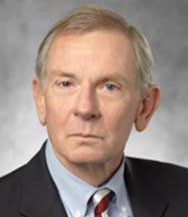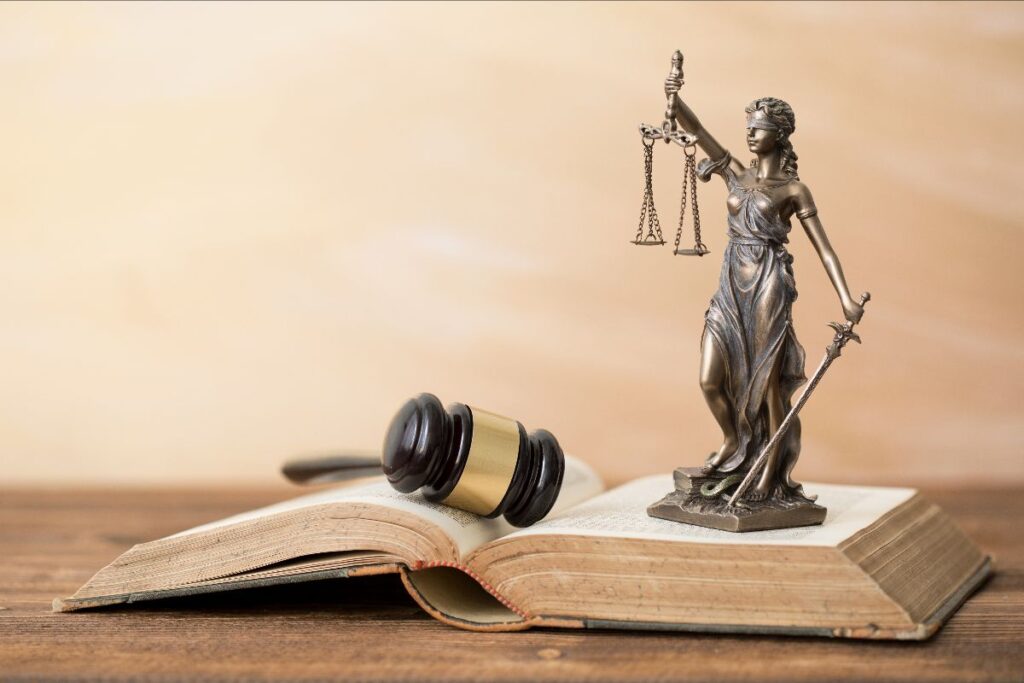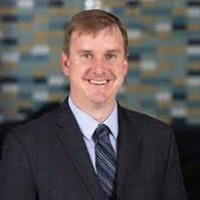By Gary Schons
LAWYER and MATE, domestic partners, are at home and get into a terrible argument over finances. MATE becomes uncharacteristically angry and upset and grabs LAWYER around the neck and chokes LAWYER to the point of near unconsciousness. MATE releases LAWYER and backs way, crying in sorrow. LAWYER regains full consciousness, grabs a cellphone and calls 9-1-1 to report the domestic violence incident and summon the police. The police arrive a few minutes later, are admitted to the home by LAWYER, who then reports the incident to them. As required by law, the police immediately place MATE under arrest, handcuff MATE and lead MATE to the squad car for the ride to jail. Seeing this process upsets LAWYER who realizes the profound consequences on MATE of having called the police and setting a likely criminal prosecution in motion. LAWYER, who has practiced some criminal defense, drives to the jail, provides LAWYER’S State Bar Card to the DESK OFFICER and advises DESK OFFICER that LAWYER is representing MATE and wants to speak with MATE before the police do. LAWYER is placed in an “attorney visiting room” with MATE, just after completion of the booking process, where LAWYER tells MATE to invoke his right to silence and to the presence of a lawyer and not talk to the police or the prosecutor, and that LAWYER will arrange MATE’s release. MATE acknowledges the advice and is led away to holding area where the court has arranged for expedited initial appearances by video for minor offenses of arrest. LAWYER arranges to appear by video with MATE and succeeds in obtaining MATE’s immediate release on MATE’s own recognizance from the magistrate. Read More






